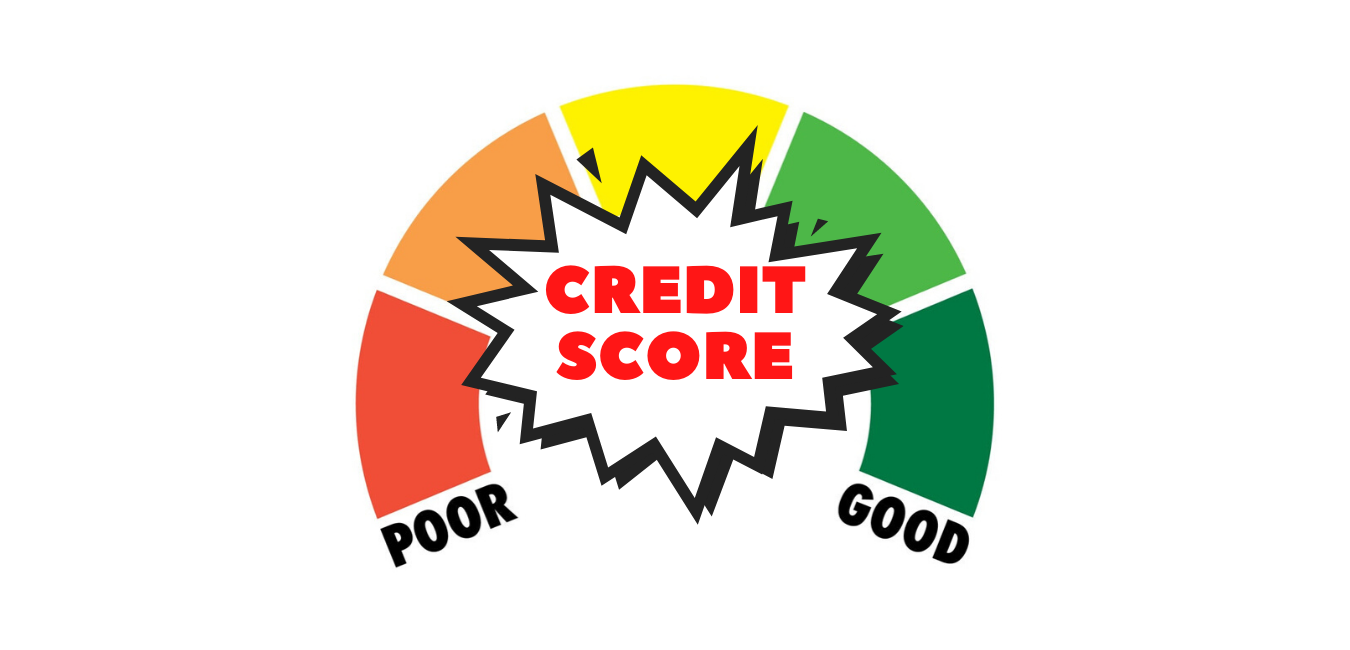
Finally, help for no-credit-score home buyers!
Report Studies ‘Credit Invisibility’ in HUD-Assist Households
It’s hard for low-income renters to move up if they don’t have a credit score, so HUD is looking at ways to report on-time rent payments to credit companies.
WASHINGTON – A low credit score or even non-existent (invisible) credit score can limit housing choices and employment opportunities because landlords and property management groups regularly use credit checks to vet potential tenants and many employers do credit checks as part of their hiring decisions.
To help low-income families obtain credit scores, the U.S. Department of Housing and Urban Development (HUD) and the Policy and Economic Research Council (PERC) conducted a first-of-its-kind study. It found that if the rent payments of HUD-assisted families are reported to credit reporting agencies, many of these households would cease being ‘credit invisible.’
The joint study, “Potential Impacts of Credit Reporting Public Housing Rental Payment Data,” looked at rental data from three Public Housing Authorities (PHAs): The Housing Authority of Cook County (IL); the Louisville (KY) Metro Housing Authority; and the Seattle Housing Authority.
HUD and PERC then examined how reporting rent payments made by thousands of these HUD-assisted households to nationwide consumer reporting agencies would impact their credit ratings. The study also sought to determine whether reporting rent payments to consumer credit reporting companies would overcome the problem of ‘credit invisibility.’
“Rent is the largest monthly recurring expense that many households pay and reporting it can be a powerful way to reduce credit invisibility,” says Seth Appleton, HUD’s Assistant Secretary for Policy Development and Research. “This unprecedented study will excite a new conversation about the need for focusing on improving the credit of low-income families, and how on-time rent payment is an important way to show credit-worthiness.”
According to co-author and PERC President Dr. Michael Turner, 53 million people in the U.S. have sparse or no credit history which “can lead to a credit Catch 22 – in order to qualify for credit, you must already have credit.”
The study analyzed credit scores (Experian and TransUnion) of more than 9,000 HUD-assisted households in Cook County, Illinois; Louisville, Kentucky; and Seattle using credit risk models from FICO and VantageScore.
Report findings
Reporting rental payment data resulted in a significant increase in the number of HUD-assisted tenants (between 54% and 65%) with credit scores above 620. In addition, including rental payment data nearly eliminated credit invisibility among HUD-assisted tenants. In one risk model, the rate of ‘unscoreable’ tenants fell from 49% to 7%; in another risk model, the share of tenants with little or no credit history fell from 11% to 0%.
While this study found that an on-time rent payment history can improve credit visibility and improve credit scores, it also found something else: Many public housing tenants still have subprime credit scores that limit their housing choices and ability to obtain insurance.
HUD says that promoting economic opportunity by encouraging self-sufficiency and financial stability is one of its priorities, and poor credit is a barrier to obtaining better housing. However, this latest study, in combination with other research, suggests that that extremely low-income families are not as high a credit risk as current credit models predict.
© 2020 Florida Realtors®






